Improving Maternal Health : Stakeholders Brainstorm
- Par LIENGU ETAKA ESONG
- 09 Mar 2023 10:29
- 0 Likes
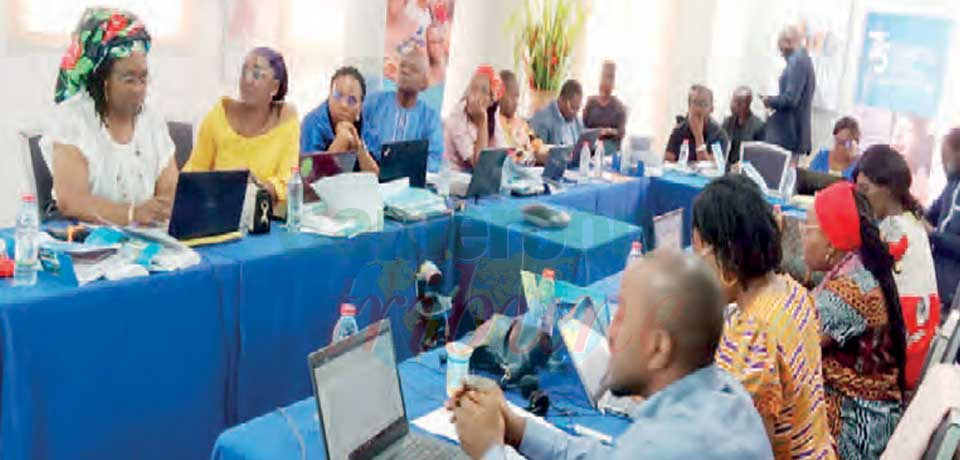
Participants at a two-day workshop in Douala have been discussing ways on reducing infant and maternal mortality.
A two-day validation workshop of the final report on the evaluation of the consideration of the human rights-based approach (HRAB) in the provision of maternal health services in the health facilities of four Emergency Obstetric and Neonatal Care Networks (SONU) in the Eastern and Northern Regions of the Cameroon in the context of COVID-19 has taken place in the economic capital of Douala. Organised by the United Nations Centre for Human Rights and Democracy in Central Africa, the workshop from the 2-3 of March brought together actors from the Ministry of Health, Ministry of Social Affairs, the National Institute of Statistics, the Human Rights Commission of Cameroon and civil society organizations. For two days, participants are expected to examine the methodology and results of data collected, record observations, suggestions and recommendations on how to improve and enrich the report, validate the report, and adopt a roadmap for monitoring the implementation of project recommendations.
It is on record that the major obstacle to the realization of the right to maternal health in Cameroon is the limited availability, accessibility, acceptability and quality of maternal health goods and commodities, services and facilities. This has been attributed to insufficient attention to the social determinants of health (access to water, sanitation, hygiene, nutrition) and the lack of essential minimum equipment and infrastructure (electricity, ambulances, functional laboratories) for maternal health. There are also legal and political constraints, governance challenges, underinvestment and unequal distribution of financial resources, and Cameroon&...
Cet article complet est réservé aux abonnés
Déjà abonné ? Identifiez-vous >
Accédez en illimité à Cameroon Tribune Digital à partir de 26250 FCFA
Je M'abonne1 minute suffit pour vous abonner à Cameroon Tribune Digital !
- Votre numéro spécial cameroon-tribune en version numérique
- Des encarts
- Des appels d'offres exclusives
- D'avant-première (accès 24h avant la publication)
- Des éditions consultables sur tous supports (smartphone, tablettes, PC)







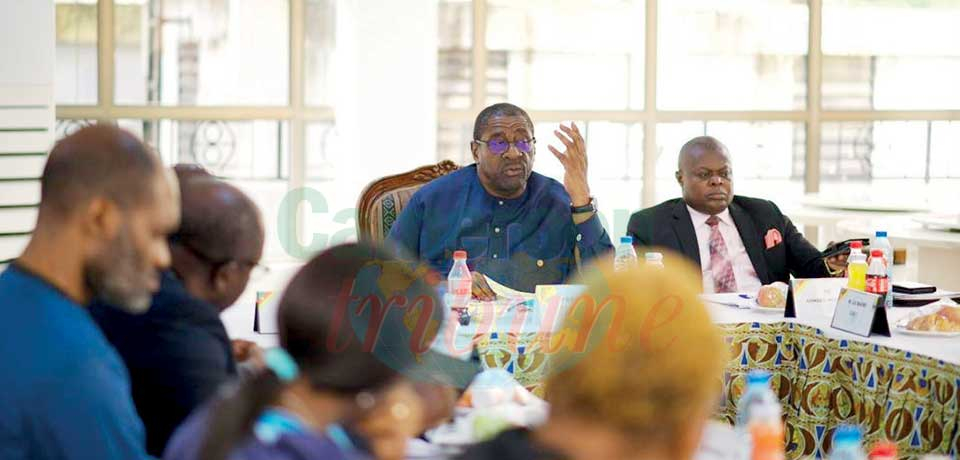
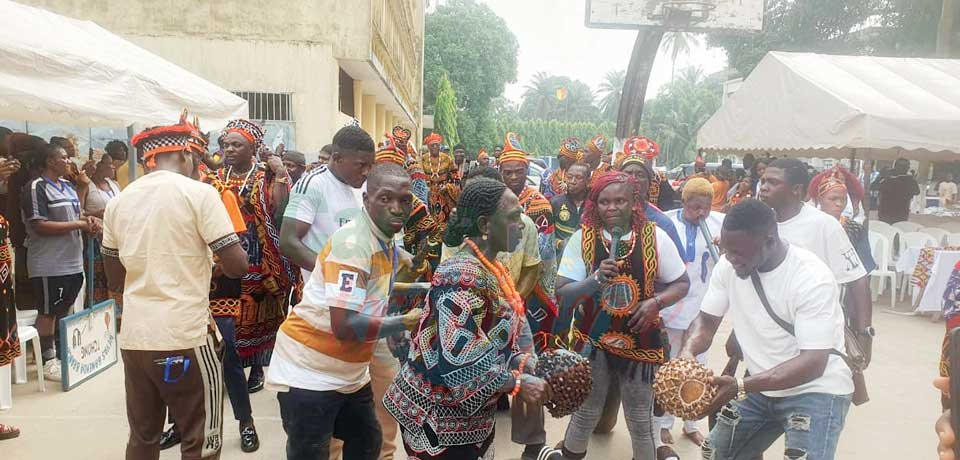
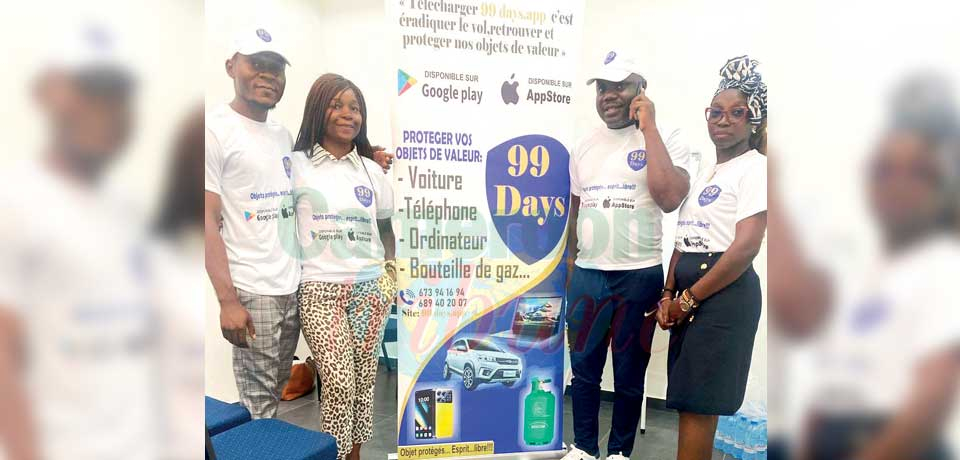
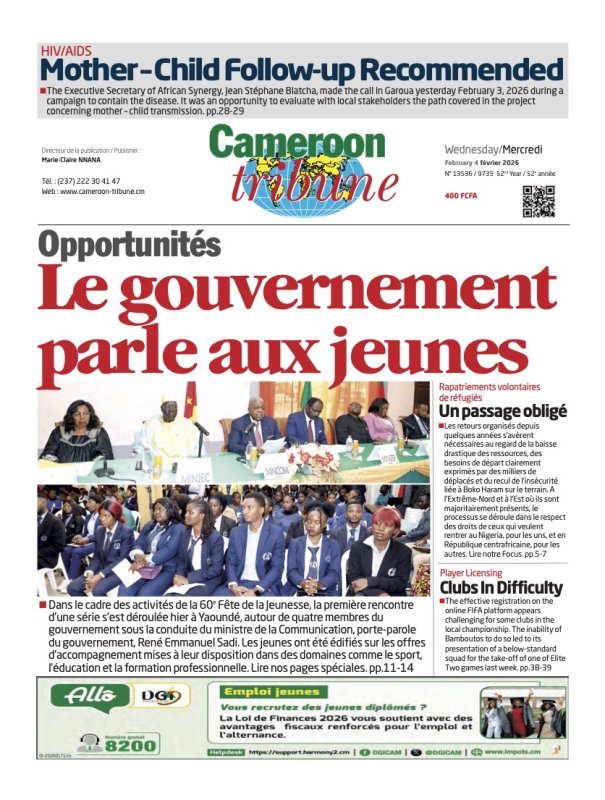




Commentaires